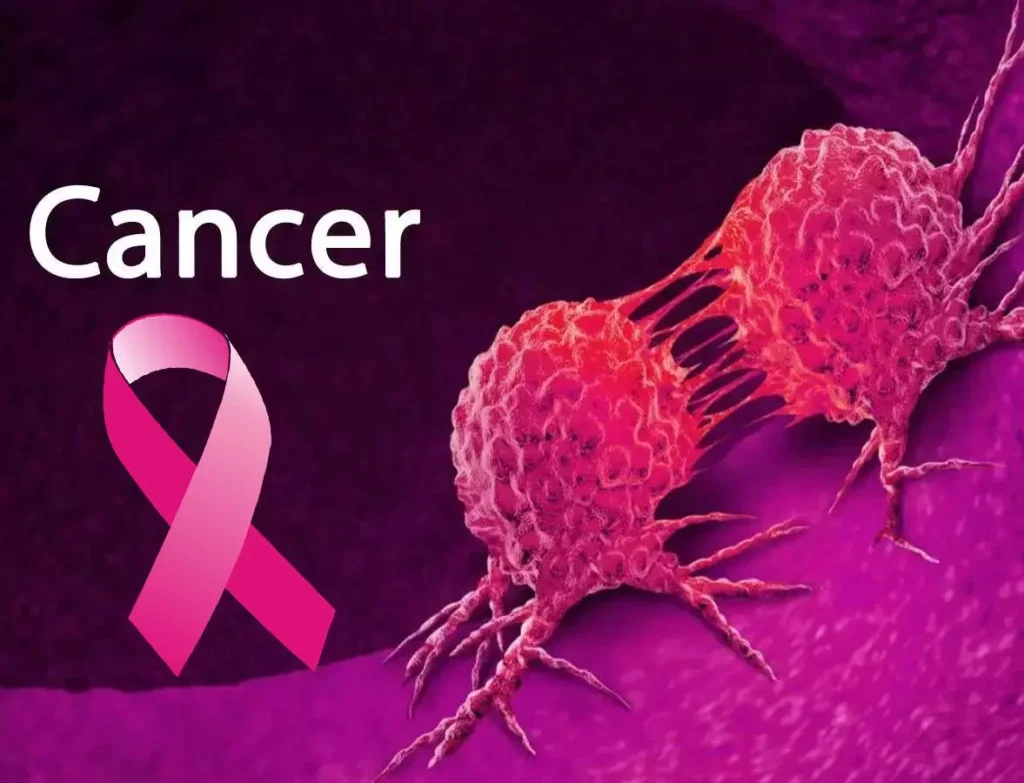A professor from the University of Ibadan, Victor Ifeolu Akinmoladun, has warned that certain foods and drinks can increase the risk of oral cancer. These include sugary drinks, processed meats, fried foods, and refined carbohydrates. These foods cause inflammation in the body, which can lead to cancer.
Professor Akinmoladun shared this information during an important lecture at the University of Ibadan. His talk was titled “The Scalpel and the Laboratory: Collaboration Against the Lawless.” He explained that cancer is one of the biggest problems facing society today. It affects public health and causes economic difficulties.
He said cancer is responsible for almost three out of ten early deaths worldwide in people between the ages of 30 and 69. Cancer causes one in six deaths overall and one in four deaths from non-communicable diseases (NCDs). Head and neck cancer is one of the most common cancers globally, ranking between sixth and tenth.
The professor compared the link between inflammation and cancer to an agreement between people to do something harmful, which can lead to death. He explained that eating more fruits and vegetables helps protect against many cancers, including stomach, throat, lung, mouth, and colon cancer.
He also talked about important nutrients like zinc, copper, selenium, antioxidants, and vitamins. These help make enzymes that stop damage to the DNA and keep the lining of the mouth healthy.
Cancer does not happen only because the immune system fails, but a weak immune system can help cancer grow. Understanding this is important for developing treatments that use the immune system to fight cancer.
Professor Akinmoladun recommended taking supplements rich in antioxidants and vitamins. He also stressed the importance of lifestyle changes, especially avoiding alcohol and tobacco.
He said many cancers start or continue because of ongoing inflammation. Substances called cytokines, which cause inflammation, can help tumors start and grow, especially in head and neck cancers.
Finally, he pointed out that there is little information on how many people get oral cancer or survive it in Nigeria, making it harder to fight the disease effectively.







